Introduction: The Enigmatic Leader of Russia
Vladimir Putin, a dominant figure in global politics for over two decades, has left an indelible mark on Russia and the international community. Delving into the details of his leadership reveals a complex narrative shaped by power, ambition, and strategic maneuvering.
Rise to Power: From KGB Agent to President
Born in 1952 in Leningrad (now Saint Petersburg), Putin began his career in the Soviet security agency, the KGB, before entering politics in the wake of the Soviet Union’s collapse. Rising through the ranks, he served as Prime Minister under Boris Yeltsin before assuming the presidency in 2000. Putin’s leadership style, characterized by assertiveness and a strongman image, has solidified his hold on power despite criticisms of authoritarian tendencies and curtailments of democratic freedoms.
Consolidation of Authority: Centralizing Power
During his tenure, Putin has centralized authority within the Kremlin, marginalizing political opposition and consolidating control over key institutions. His United Russia party maintains a dominant position in the Russian political landscape, while independent media outlets face censorship and harassment. Critics accuse Putin of suppressing dissent and stifling political pluralism, leading to concerns about the erosion of democratic norms in Russia.
Foreign Policy: Asserting Russian Influence
Putin’s foreign policy agenda has been marked by assertiveness and a desire to restore Russia’s influence on the world stage. From the annexation of Crimea in 2014 to military interventions in Syria and support for separatist movements in Eastern Ukraine, Putin has pursued a policy of strategic opportunism aimed at advancing Russia’s geopolitical interests. His confrontational stance towards the West has led to tensions with NATO and the European Union, exacerbating divisions in the international community.
Economic Challenges: Navigating Uncertainty
Despite presiding over a period of economic growth in the early 2000s, Putin’s leadership has faced increasing challenges in recent years. Economic stagnation, exacerbated by Western sanctions and falling oil prices, has strained Russia’s economy and raised concerns about its long-term viability. Putin’s reliance on state-controlled industries and oligarchic elites has hindered efforts to diversify the economy and promote sustainable growth.
Legacy and Impact: Shaping Russia’s Future
Vladimir Putin’s legacy is a subject of intense debate, both within Russia and abroad. While some view him as a stabilizing force who restored order and prestige to Russia after years of turmoil, others criticize his authoritarian tendencies and disregard for human rights. As Putin enters his third decade in power, the future of Russia remains uncertain, with questions lingering about the sustainability of his regime and the prospects for democratic reform.
Conclusion: The Enduring Legacy of Putin’s Rule
In retracing the life and , we encounter not just a politician but a symbol of Russia’s complex and often tumultuous journey in the post-Soviet era. His presidency has been defined by contradictions: modernization alongside repression, assertiveness alongside isolation. As Russia continues to navigate the challenges of the 21st century, let us reflect on the lessons of Putin’s rule and work towards a future where democracy, human rights, and the rule of law prevail.
With each decision made and each action taken, may we honor the complexities of Putin’s legacy and strive to build a world where freedom, prosperity, and peace are the cornerstones of society.




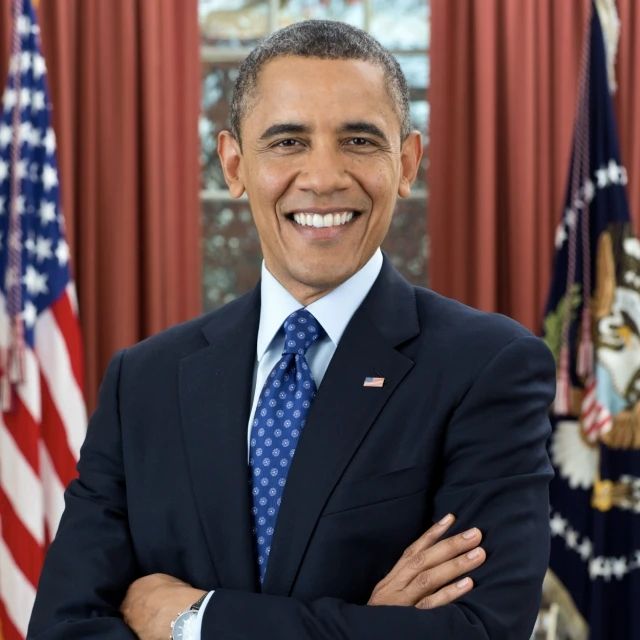

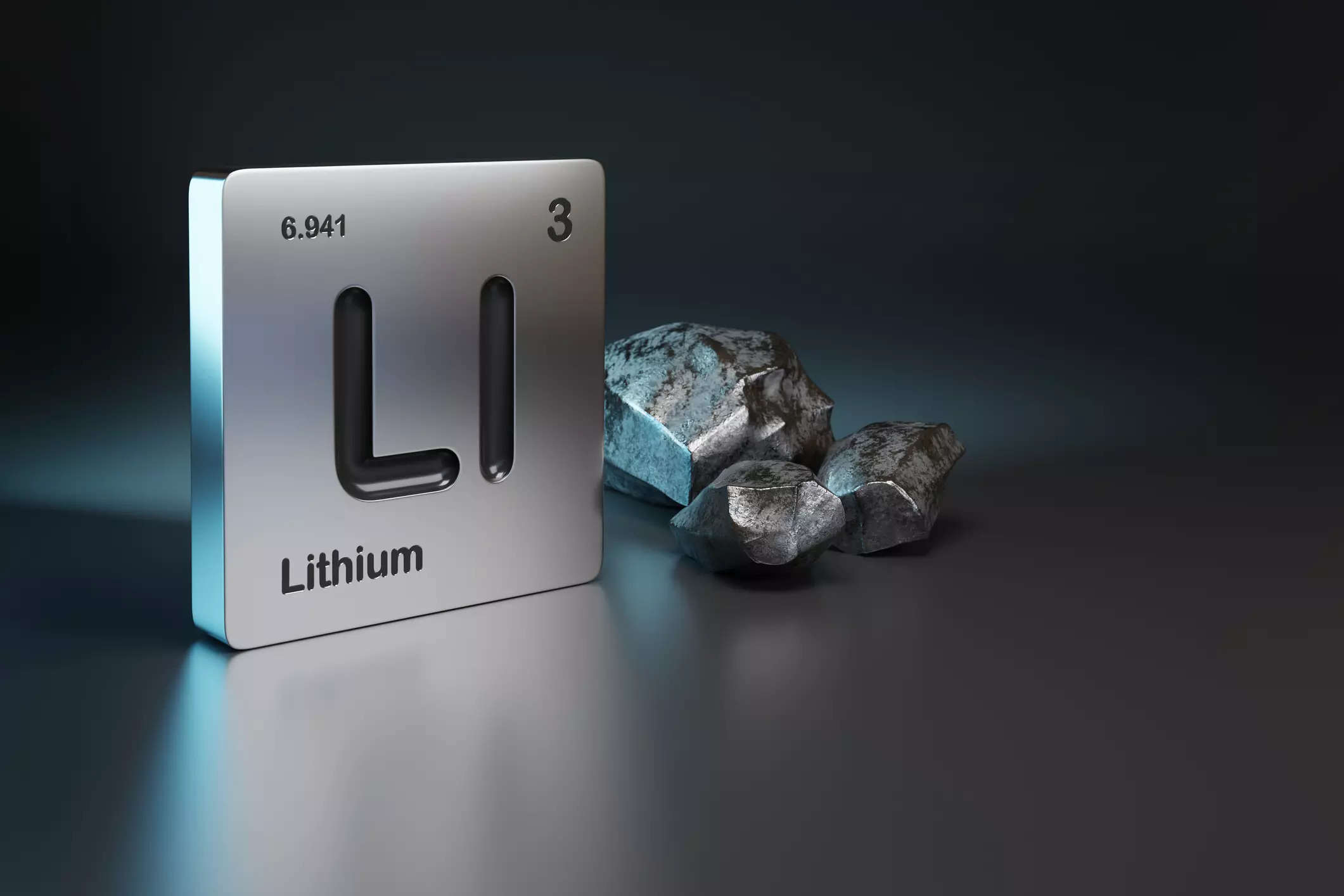



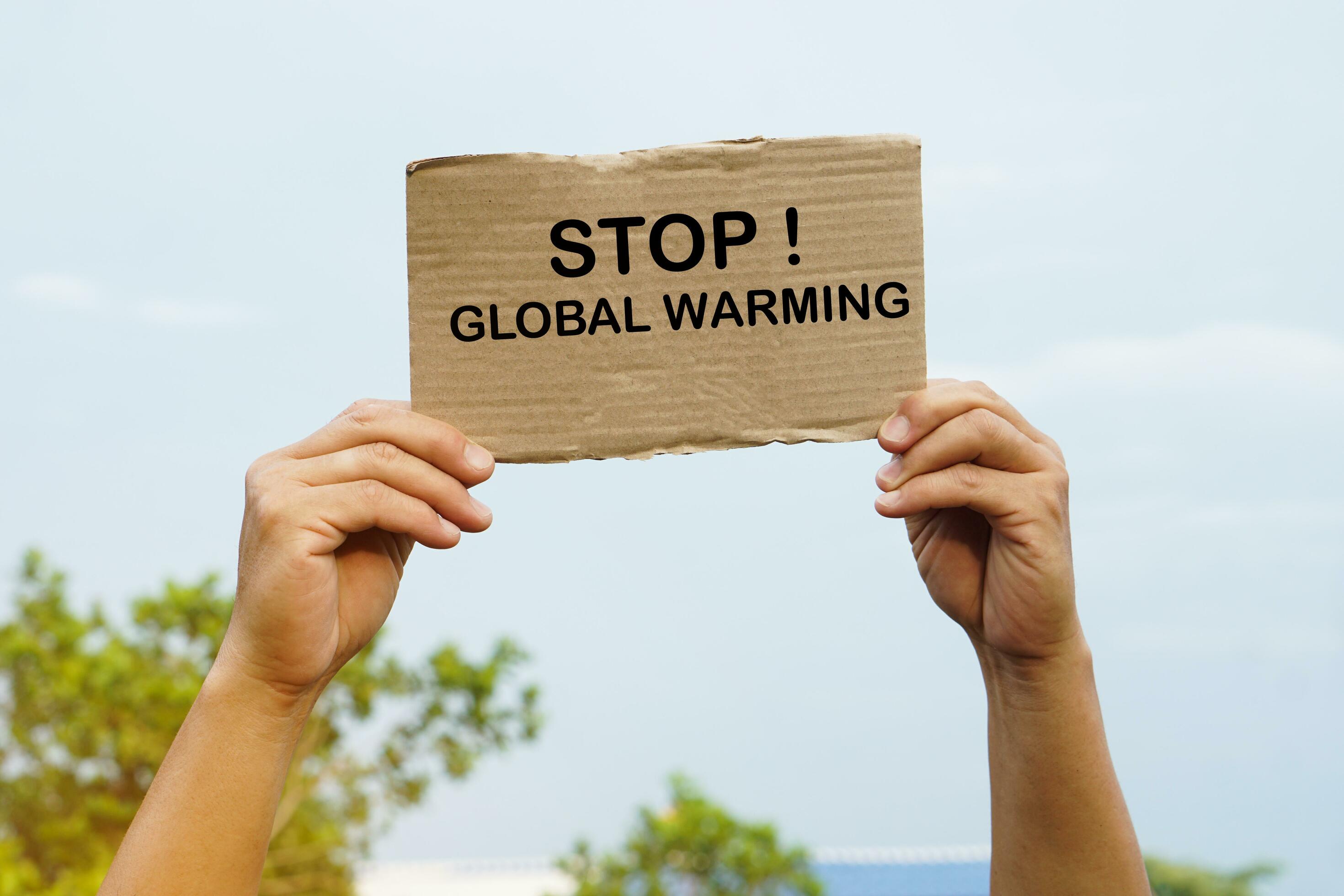
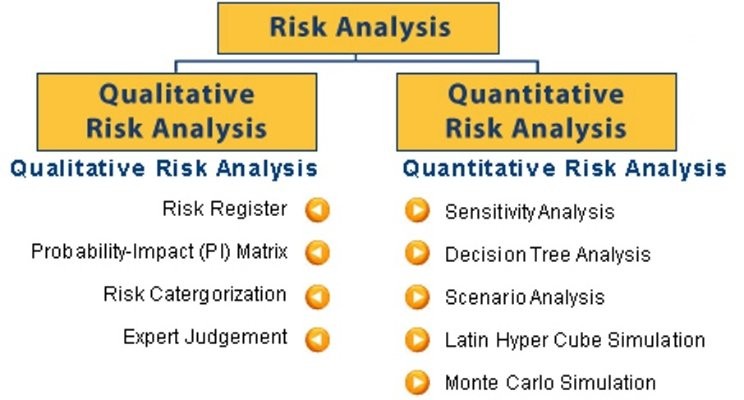

+The+Future+of+Technology.jpg)
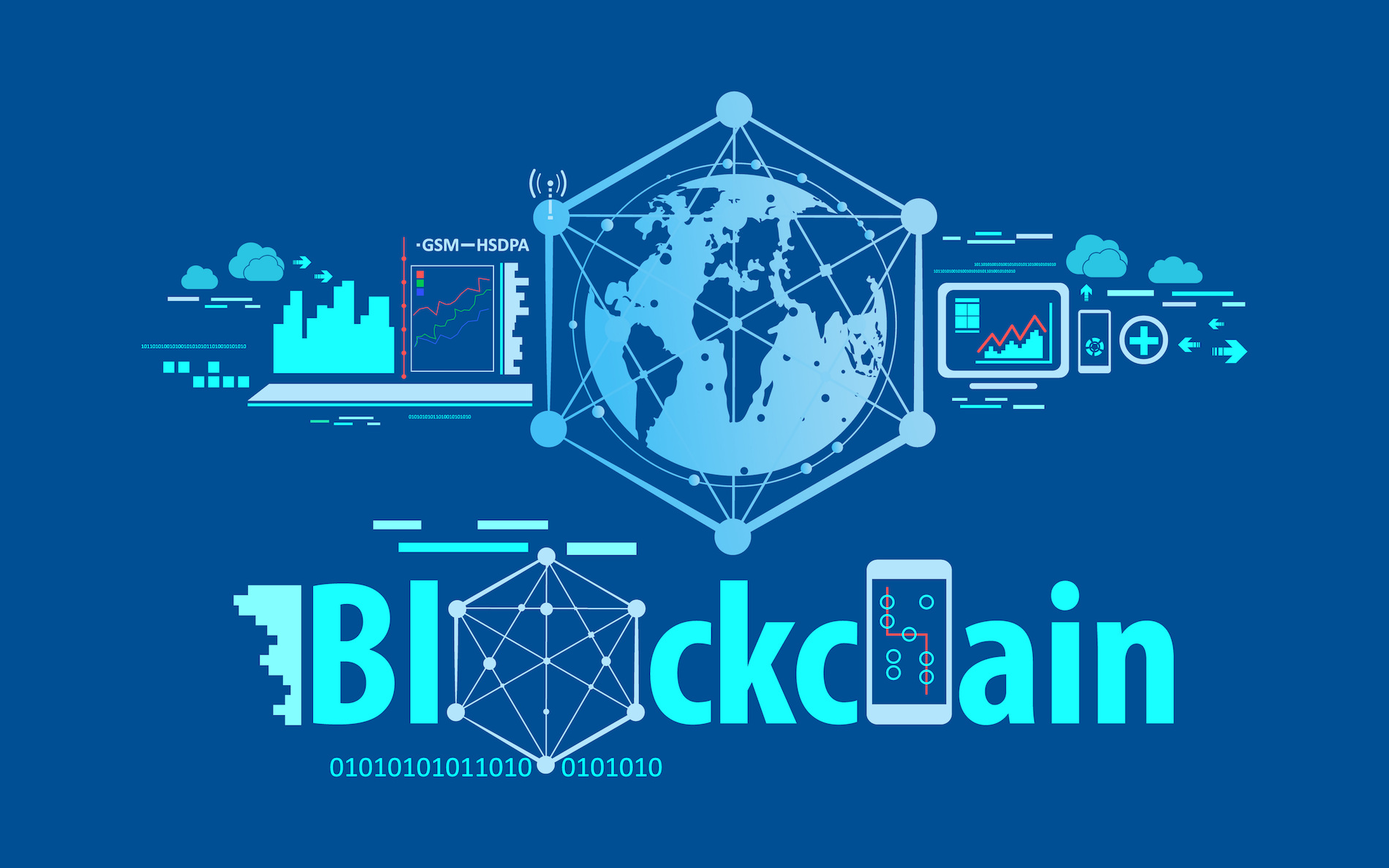
)